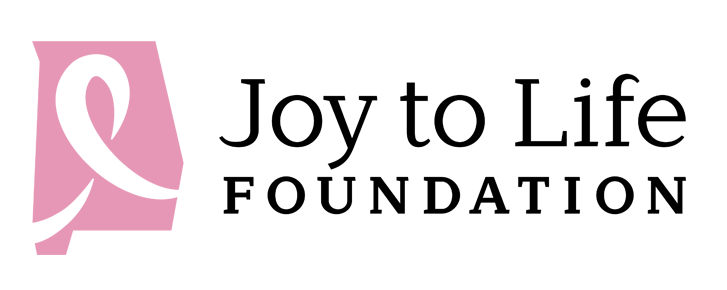For most women, mammography provides the best way to find breast cancer at an early stage,when treatment is usually the most highly successful. A mammogram is a low-dose X-ray of your breasts that can detect many changes that are too small or too deep to feel. Mammograms are considered safe, quick, and relatively painless. They are available through a doctor’s orders or, in some cases, a self-referral. Annual mammograms are recommended for all women aged 40 and over.
- On the day of your mammogram, do not use any deodorant, lotion, cream, or powder on your underarms or breasts. These could interfere with a clear mammogram.
- If your breasts get tender around the time of your period, schedule your mammogram for one week after your period ends.
- If you have had mammograms at another facility have previous mammograms available to the radiologist at your current exam. Also bring a list of places and dates of earlier mammograms, as well as biopsies and other breast treatments you received.
- Before the exam, describe any breast symptoms or problems you are having.
- If you do not hear from your healthcare professional within 10 days, consult him or her.
- Be sure that the mammography center you use is accredited by the American College of Radiology.
For more information, please download our Shower Card and Breast Health brochure.

